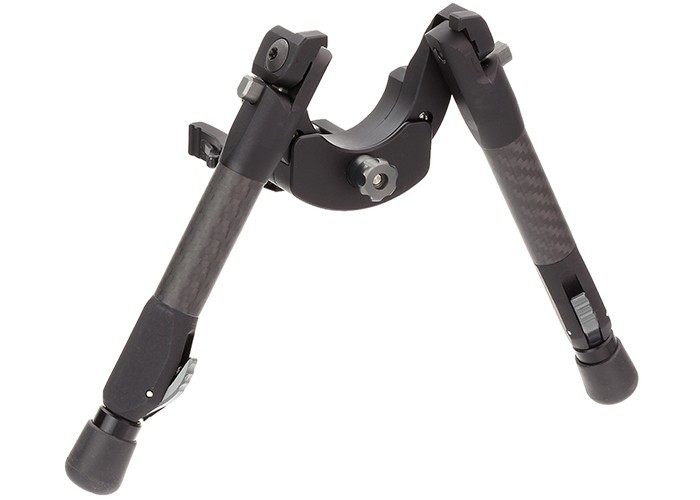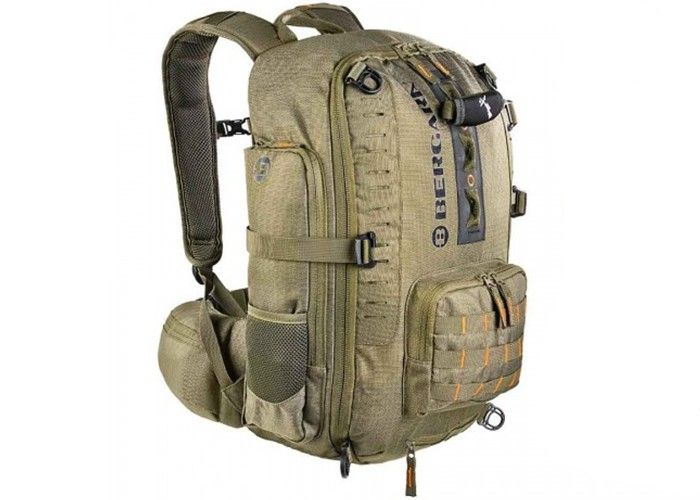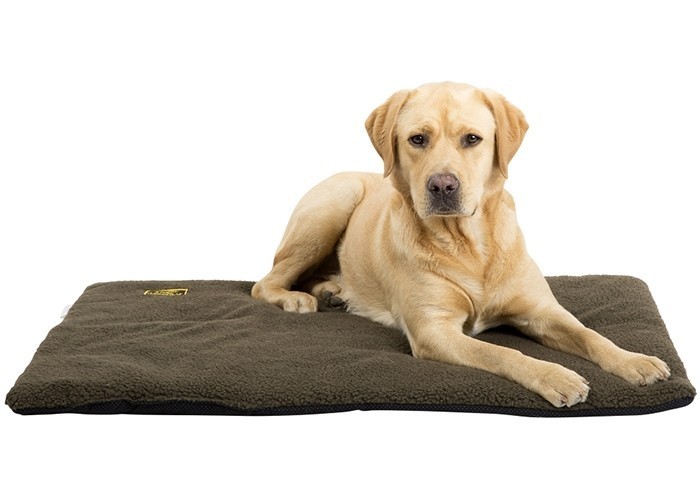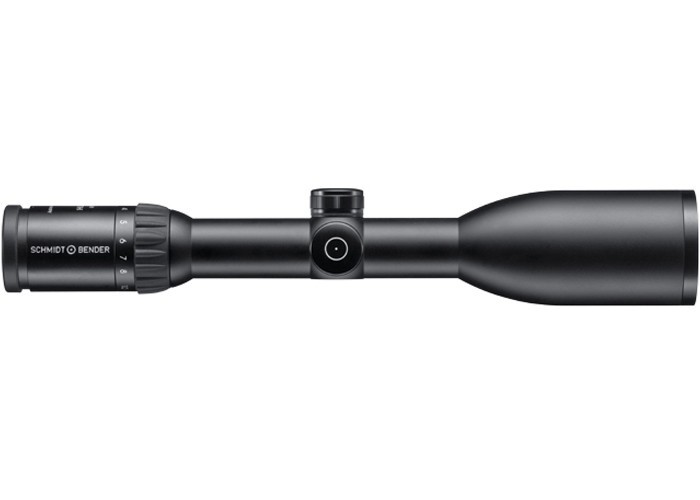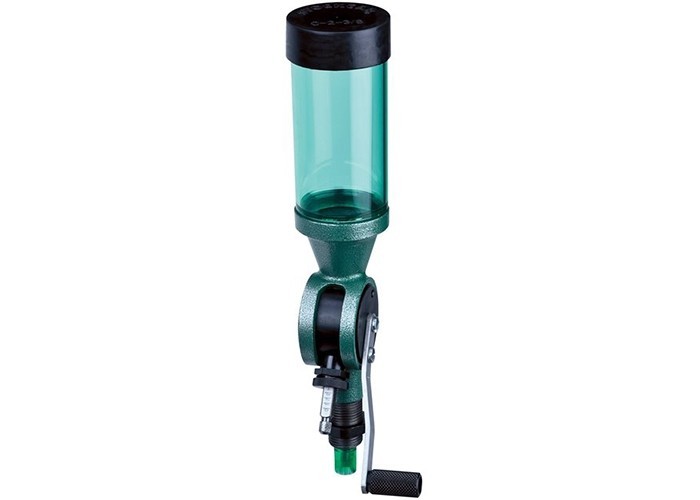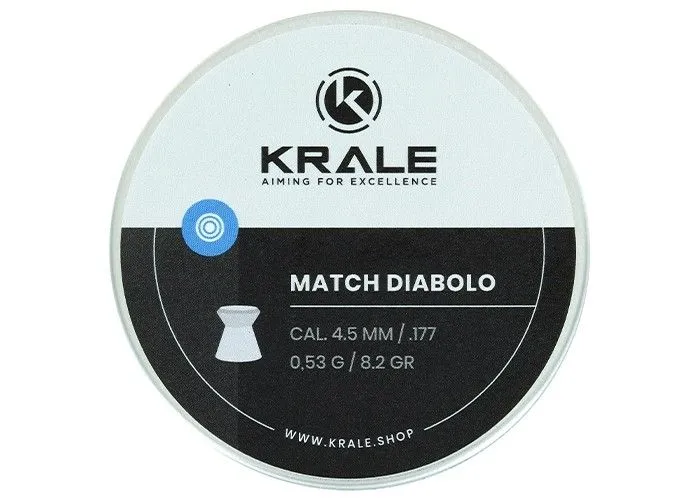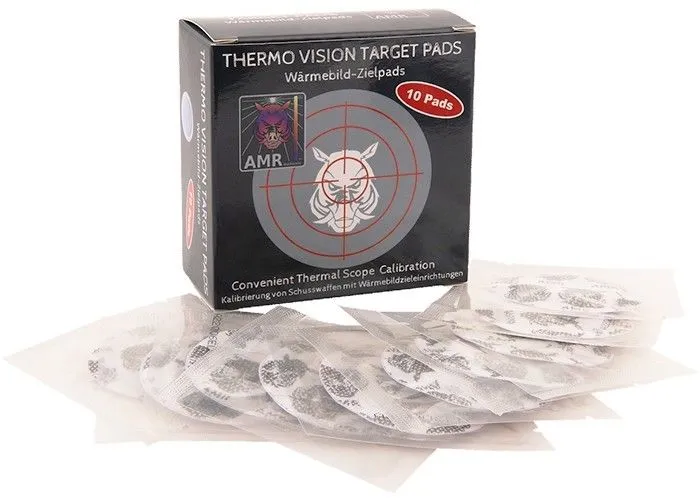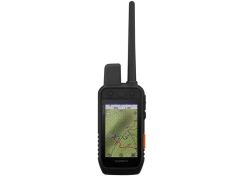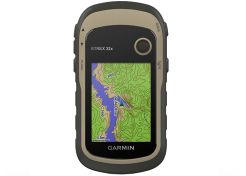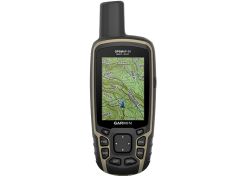What is a handheld GPS?
A Handheld GPS is a pocket-sized navigation device that’ll make navigation worldwide a breeze. You can plot routes in advance, know instantly what your current position is and -thanks to the backlit display- you can even easily find your way in total darkness. With a Handheld GPS (the size of a small and basic mobile phone), all you need for determining your position and for navigating lies in the palm of your hand.
How does handheld GPS work?
To explain to you the workings of a Handheld GPS, we’ve got to go back to basics. GPS is short for Global Positioning System. This system consists of a large number of satellites that all have their own specific orbit around earth. Each satellite sends a signal and your Handheld GPS is the device that’ll receive this signal. The signal contains information about the exact time it was sent and the location of the satellite at that specific moment.
Your Handheld GPS takes the difference between the time the signal was sent and when it was received to calculate the distance between you and the satellite. As the satellite also gave information about its position, your position relative to the satellite can now roughly be determined. On a map, this is visualised as a circle with a certain diameter and somewhere on the perimeter of this circle is your position.
Of course, this barely helps you to determine your exact position. But by using the signal of a second satellite, another circle can be drawn and this one will overlap with the first one. The circles will cross each other at two points and one of these points is your exact position. By taking the signal of a third satellite, you can figure out which point that is. This is called triangulation and that’s what your Handheld GPS basically does all the time. A fourth satellite is used to verify the time on your Handheld GPS, making sure the reception time of the satellite signal is correct.
The calculated coordinates of your location are shown in an interpretable manner on a digital map on the display of the Handheld GPS. This’ll show you where you are, where you’re going and -if your Handheld GPS has that functionality- where you’ve been. You can plan routes, save routes or just go wherever you like and switch on the Handheld GPS at the end of the day to find your way home again.
Handheld GPS and GNSS
GPS is the name of a worldwide satellite system used by the United States. It is, however, not the only satellite system out there. There are many other global systems, such as GALILEO (European Union) and GLONASS (Russia) and there are local satellite systems too, including QZSS (Japan) and IRNSS (India). All satellites in these systems send out their own signal, making them useable for determining your position by means of triangulation as described above.
GPS nowadays has become synonym for the device in your hand, as GPS was the first satellite system that became available for civil applications. The name stuck as a collective noun for all devices that use the information given in satellite signals for navigation, including your Handheld GPS.
But, having a Handheld GPS doesn’t automatically mean it will only work with signals given from GPS satellites. If your Handheld GPS has GNSS connectivity (Global Navigation Satellite System), it will be able to use signals from the satellites from the GPS system, but can also use other satellite systems. This means having dozens of extra satellites to get a signal from. Which is perfect when a high building, mountain or something other blocks the signal of a satellite you’re using. With GNSS there will be more to choose from. The result is a higher accuracy and reliability.
What does a handheld GPS do?
Every Handheld GPS will enable you to navigate. By downloading detailed maps of the area you’re in or of the area you want to explore, you can always determine your position and be able to plan routes. On an illuminated touchscreen you’re shown where you are and where to go. And if you’ve been wandering about to wherever you fancied, a Handheld GPS will show you the way back as soon as you think of heading home. You can make routes in advance on your computer, downloading them to your Handheld GPS. It’s also possible to download routes from others and, of course, share with your friends.
However, depending on the Handheld GPS you choose, much more is possible. Some Handheld GPS devices also feature a (paid) function that’ll let you receive up-to-date weather forecasts and it even lets you send text messages or an SOS signal. All through satellite, so no mobile phone signal is needed. With some Handheld GPS devices, you can also send a tracking signal. That way, people at home know your exact position when you’re out in the wilderness. It’s a comforting thought.
We’ve even got a specific Handheld GPS that itself allows you to follow multiple trackers and record their movements. This system was developed for hunting dogs with trackers on their collars. You can even bark out commands in your Handheld GPS that’ll sound from the collars.
Handheld GPS and Geocache
A Handheld GPS can be used with many activities: walking, hiking, climbing, cycling or motorcycling to name a few. A very popular activity is Geocaching, where worldwide millions of ‘treasures’ are hidden, the so-called caches. Someone with local knowledge plans a nice and interesting route, hides a cache along the way and others are encouraged to follow the route and find the cache. It’s a nice way to explore new areas, but also to explore areas that you thought you knew.
Is a handheld GPS better than a smartphone?
Navigating can be done with both a Handheld GPS as with a smartphone (if it features GPS connectivity). But a Handheld GPS has some important plusses, especially regarding durability and reliability:
- Battery life – Most Handheld GPS devices are economical when it comes to the energy they’ll use and often work on a couple of AA batteries. Such batteries are extremely common and can be bought anywhere around the world. It’s easy to stash some in your pockets. A smartphone isn’t really known to be very economical concerning battery life and when the battery is drained, you have to recharge it with a powerbank. Which itself needs to be recharged somewhere too.
- Robust – A Handheld GPS is weather resistant and is also able to stand quite some rough use. A smartphone is definitely more fragile and no friend of water. On top of that, the touchscreen of a Handheld GPS is even when wet still very useable.
- Maps – Detailed maps for a Handheld GPS are always stored on the device itself. Smartphone navigation apps often use maps for which a mobile data connection is used. Some of them do offer offline maps, but these are often less detailed than the online version.
- Emergency calls – By using a Handheld GPS you’ve got -on top of the previously mentioned advantages- the insurance of a full battery for your smartphone. Don’t forget that it’s not enough to have just a small amount of power left to be able to call emergency services. It’s also important to be able to keep a line open for as long as possible.
Buying a handheld GPS
We can definitely understand that buying a Handheld GPS is something that’ll take some consideration. In our webshop, we explain the device and all its functions thoroughly in the product description. This way, you know exactly what to expect from that specific Handheld GPS. If, however, you still do have any questions, please feel free to contact the experts in our customer service department. They’ll gladly be of service.







